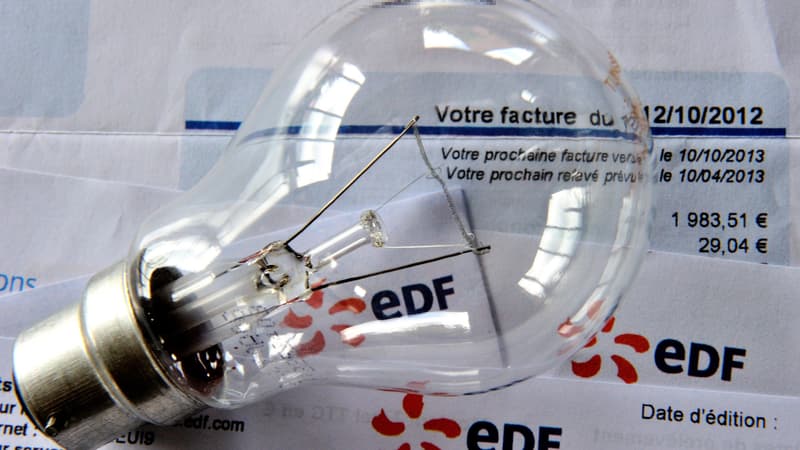The Economic Affairs Committee, while the reform of the mechanism in frames the prices of nuclear electricity in France, will launch a mission of information on electricity prices, while the reform of the mechanism that frames the prices of nuclear electricity in France of 2026 awakens criticism of all stripes and fears of mass increases in prices.
The rebel deputy Maxime Laisney, rapporteur of this information mission along with the MP MP Philippe Bolo, confirmed the media information Contextexplaining wanting to understand the “nuclear costs” and “the 2026 electricity bill, for individuals and companies.” For Philippe Bolo, this information mission must also make it possible to “find legislative levers to obtain electricity at a reasonable, competitive and stable price.”
Understand “Post Arenh Operation”
The two rapporteurs will receive, from mid -May and until the end of June, several actors (Ministry of Industry and Energy, Professionals, Auditors Court, Energy Regulation Commission, experts …) to understand the “Post Arenh operation” explains Maxime Laisney, in reference to the regulation of nuclear electricity prices. This system, which forces EDF for sale at a broken price of its nuclear production to large industrialists and alternative suppliers, expired at the end of 2025.
To replace it, the State and EDF negotiated at the end of 2023 an agreement, according to which EDF can sell its electricity more freely with an objective price of 70 euros on average of the Megavatio hour for 15 years with a mechanism of redistribution to consumers in case of high EDF prices. But this agreement is challenged and denounced as an inflationist: at the end of February, the UFC-Que Choisir deplored the reform, accusing it of mechanically conducting a “mass increase” of electricity prices “to the detriment of consumers.”
“Agree” on nuclear costs
With respect to the atom, Maxime Laisney wants the information mission to allow the deputies to “agree” on the cost of the “nuclear current” park, that of the “great fairing” (modernization program to prolong the operation of reactors beyond 40 years), and that of the “new nuclear” (construction of new reactors).
Since the war in Ukraine, the price of energy, and in particular electricity, has returned to the center of political debates. This information mission occurs after other recent parliamentary initiatives: a report by the National Assembly on the loss of France’s energy sovereignty and a Senate report on the production, consumption and price of electricity in horizons 2035 and 2050.
Source: BFM TV


